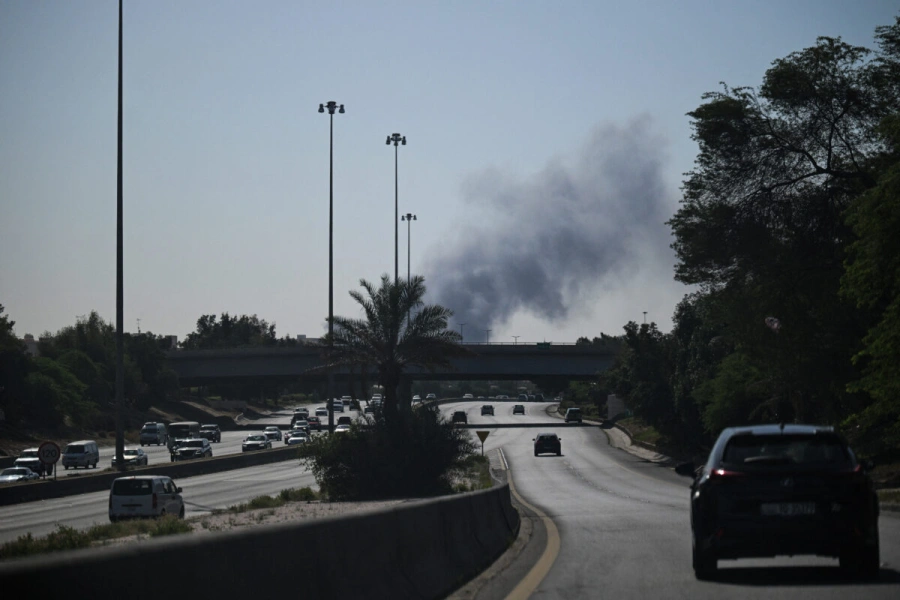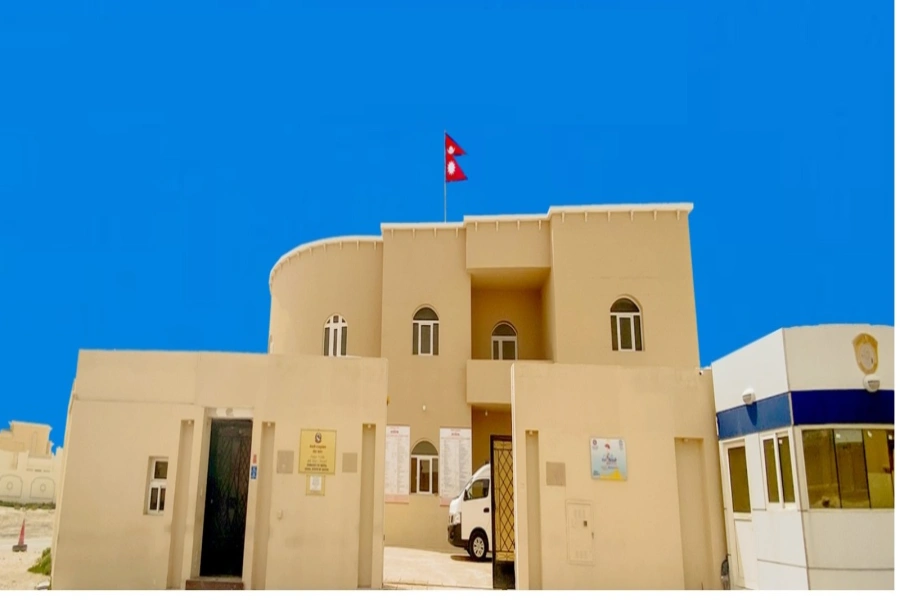The recent revelations surrounding the gold smuggling case in Nepal have raised serious concerns about the integrity of law enforcement agencies and the government's commitment to combating illicit activities. The findings of the commission formed to probe gold smuggling cases have highlighted grave errors and potential corruption within the investigation process, casting a shadow of doubt on the entire justice system. The case, which initially seemed straightforward with the seizure of 61 kg of gold hidden in a scooter and 9 kg concealed within electronic cigarettes, has now unveiled a complex racket of smugglers and their ties to influential figures in the political and administrative spheres. The commission's report pointed out glaring flaws in the investigation, including the acquittal of high-profile individuals and allegations of favoritism within the Central Bureau of Investigation (CIB). It is deeply troubling that individuals entrusted with upholding the law may have compromised their integrity for personal gains. The revelation that former officials and leaders allegedly received lenient treatment during the investigation underscores the urgent need for accountability and transparency within our law enforcement agencies. The swift action taken by Home Minister Rabi Lamichhane in reshuffling the leadership of the CIB is a step in the right direction. However, this alone is not sufficient to restore public trust in the investigation process, especially in view of the fact that the newly-appointed CIB Chief Shyam Lal Gyawali has courted controversy over his professional integrity time and again.
33.5 kg gold scam probe has broken smuggling racket, organized...

Although a few individuals including the ruling CPN (Maoist Center) Vice Chairman Krishna Bahadur Mahara have been already arrested, it is surprising that the government is showing its reluctance to make the commission's report public. This raises suspicions about the government's commitment to bring all those guilty persons to book. Transparency is essential in holding authorities accountable and ensuring that justice is served. By withholding vital information from the public, the government risks eroding the very foundations of democracy and the rule of law. It is critically important for the government to take decisive action to bring all perpetrators of gold smuggling to justice, regardless of their status or affiliations. The investigation must be conducted impartially and without any undue political influence. The primary focus should be to bust the entire network of smugglers and hold them accountable for their actions. The honest implementation of the recommendations put forth by the probe commission can greatly help to achieve this goal.
As efforts are underway to effectively curb the incidents of gold smuggling, it is equally important to bring structural reforms within law enforcement agencies to prevent similar incidents from occurring in the future. This includes enhancing oversight mechanisms, strengthening anti-corruption measures, and ensuring that officers uphold the highest standards of professionalism and integrity. Additionally, the government must demonstrate its commitment to combating gold smuggling by addressing the root causes of the problem. This includes cracking down on illicit trade routes, improving border security measures, and enhancing cooperation with international partners to break down the transnational criminal networks. The outcome of the ongoing crackdown against the gold smuggling network will serve as a litmus test for the government's commitment to upholding the rule of law. It is incumbent upon the government to seize this opportunity to demonstrate its unwavering commitment to justice and accountability. Anything short of that would be a betrayal of the trust placed in our current political leadership and law enforcement agencies.







































